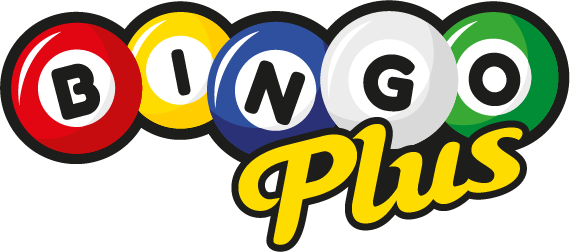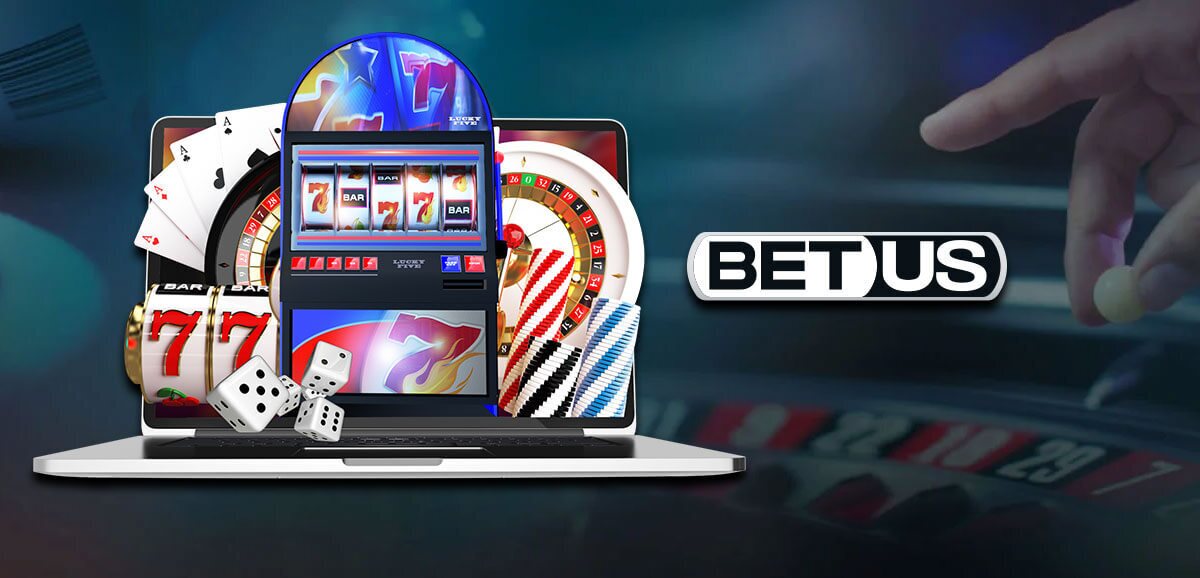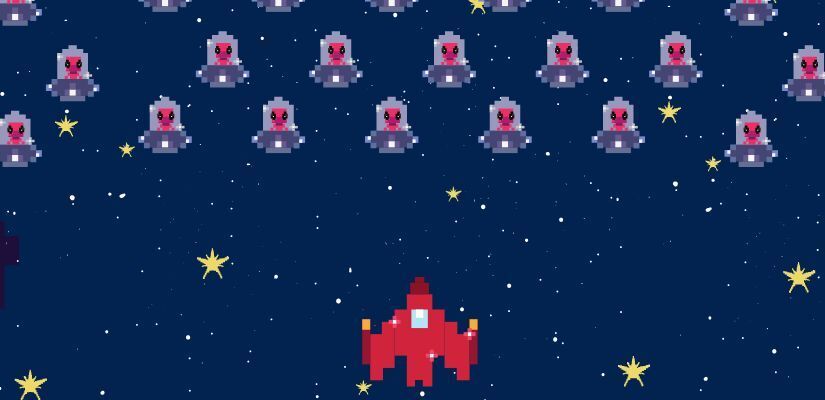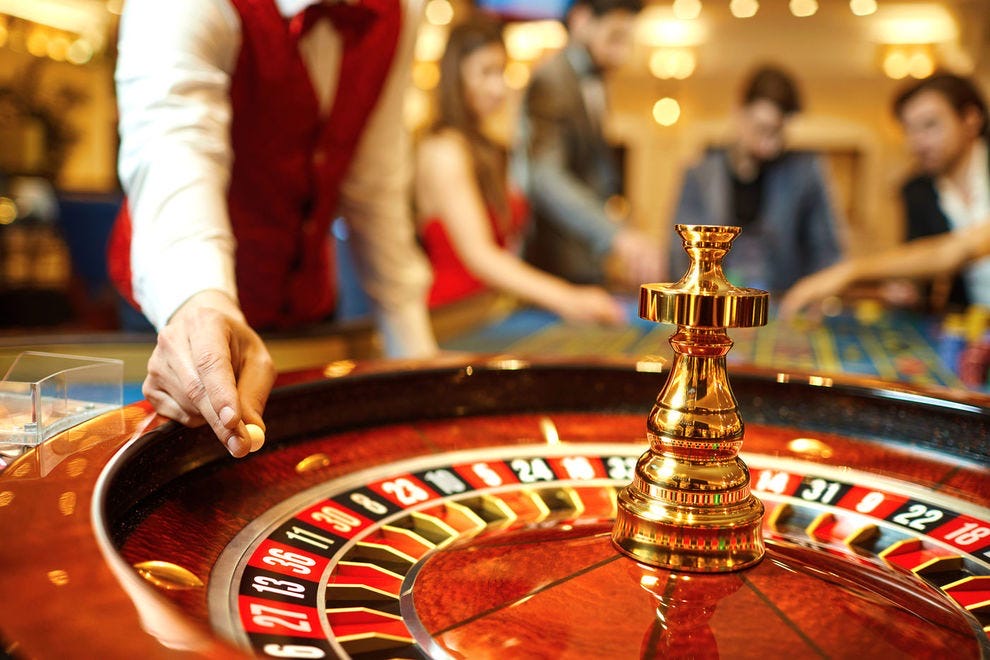In recent years, online gaming has transformed from a casual leisure activity to a competitive phenomenon that draws millions of participants worldwide. With a diverse array of games available—from casual mobile apps to intense eSports tournaments—gaming provides an engaging platform for players of all skill levels. What many may not realize is that beyond entertainment, online gaming can serve as a powerful catalyst for personal growth and resilience.
The Evolution of Online Gaming
Online gaming has evolved significantly since its inception. Initially, games were designed primarily for solitary play or local multiplayer experiences. With the advent of the internet, however, gaming communities flourished, breaking geographical barriers and allowing players to compete, collaborate, and build relationships across the globe. Today, games like "League of Legends," "Apex Legends," and "Fortnite" not only involve personal skill and strategy but also foster teamwork, communication, and a deep sense of community.
As players progress from casual gaming to competitive realms, they often encounter challenges that test their abilities, patience, and mental fortitude—ultimately fostering personal growth and resilience.
Building Skills and Confidence
Many players start their gaming journey casually, perhaps as a way to unwind after a long day or to socialize with friends. However, as they begin to invest more time and effort into honing their skills, they often find themselves transitioning to more competitive environments. This shift can lead to significant growth in several areas:
-
Problem-Solving Skills: Competitive gaming often presents players with complex challenges that require quick thinking and strategic planning. Players learn to analyze situations, anticipate opponents’ moves, and devise effective counter-strategies—skills that are transferable to real-life scenarios, from workplace challenges to personal decision-making.
-
Goal Setting and Achievement: As players engage with more competitive formats, they naturally begin to set goals for themselves, such as improving their rankings or mastering a particular character. This process teaches them the importance of dedication, practice, and incremental progress—important lessons that can help them navigate challenges in other aspects of life.
- Emotional Regulation: Competing in any form can lead to a rollercoaster of emotions—excitement, frustration, exhilaration, and defeat. Navigating these feelings helps players develop better emotional regulation, learning to manage stress, maintain composure under pressure, and grow from setbacks rather than falter.
Resilience in the Face of Adversity
One of the most profound impacts of competitive online gaming is on players’ resilience. The gaming environment poses unique challenges that often mirror real-world obstacles:
-
Dealing with Failure: In gaming, losing is a common occurrence, especially in competitive formats. Players are often faced with defeat, which, while frustrating, provides invaluable lessons in resilience. Learning to bounce back from losses and to view them as opportunities for improvement—rather than insurmountable failures—builds a sense of grit and determination that applies beyond the screen.
-
Team Dynamics: Many competitive games require teamwork, fostering collaboration among players with different skill sets. These experiences can simulate real-life group dynamics, teaching players how to communicate effectively, support one another, and navigate conflicts. Successes and failures are shared experiences that create bonds and mutual respect, essential components of resilience.
- Adapting to Change: The online gaming landscape is ever-changing, with updates, meta shifts, and evolving competition. Players learn the importance of adaptability and flexibility, developing a mindset that embraces change instead of fearing it. This adaptability is crucial in today’s rapidly changing world, where personal and professional landscapes are in constant flux.
The Broader Impact of Gaming
Beyond the individual level, the growth that occurs through online gaming has the potential to create a more resilient society. As individuals enhance their emotional intelligence and problem-solving abilities, they become better equipped to face the challenges of modern life, fostering a sense of community and empathy.
Furthermore, the social aspect of gaming can bridge divides, bringing together diverse groups of people and encouraging collaboration and tolerance. These interactions can inspire collective resilience, which is particularly important in times of social upheaval or global crises.
Conclusion
The journey from casual to competitive gaming is more than just a transition in play style; it’s a path that presents myriad opportunities for personal growth and resilience. As players invest time and effort into mastering new skills and facing challenges head-on, they develop qualities that serve them well beyond the digital arena. Through the lens of gaming, we can see a reflection of life itself—a constant series of obstacles, setbacks, and triumphs—each offering a chance to grow stronger. Ultimately, online gaming is not just about winning or losing; it’s about building a better version of ourselves, one match at a time.




